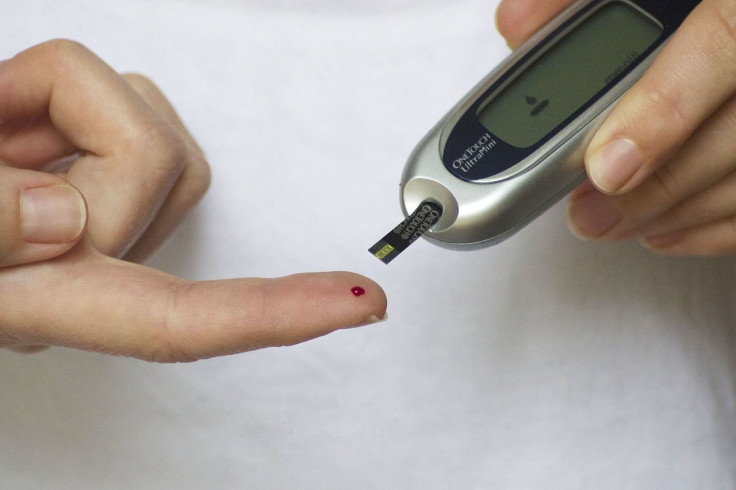Personal Diabetes Care Saves More Women Than Men; Gender Differences Could Inspire New Treatment

A new study published in the journal Diabetologia suggests gender differences in diabetes care calls for a new approach to intervention,
Lead study author Dr. Marlene Krag and colleagues from the University of Copenhagen's research unit for general practice followed-up with patients previously enrolled in the original Diabetes Care in General Practice Trial in Denmark. At the time patients had been newly diagnosed with type 2 diabetes, where routine care is usually provided by a patient's general practitioner (GPs) and costs are covered by a tax-based health insurance system. Patients were randomly assigned to receive six years of either structured personal care or routine care, personal care obviously being the intervention group. GPs were asked to work with patients to define the best possible goals for controlling important risk factors, emphasizing the importance of glycemic control. They followed up with patients every three months to perform routine screening for diabetes complications and help patients set new goals, including those related to improved diet and exercise.
GPs recorded patients' body weight, blood pressure, glucose-lowering medication and a number of prior consultations, while also answering questions concerning things like patient motivation for best possible blood glucose (sugar) control, patient attitudes toward trial participation, and any knowledge participation influence consultations. The results showed personal care did not affect mortality rates "and other pre-defined non-fatal outcomes"; these outcomes sometimes mean longer hospital stays or greater economic burden associated with diabetes. Personal care did, however, reduce women's glycated hemoglobin (HbA1c) — a form of hemoglobin primarily used to measure patients' blood sugar.
Picking up where the trial left off, Krag and her colleagues followed 970 patients out of the original 1,381 patient sample for 13 years, from 1995 to 2008; 478 were women and 492 were men. They found women receiving personal care were 26 percent less likely to die of any cause and 30 percent less likely to die of a diabetes-related cause than women receiving routine care. These women were also 41 percent less likely to suffer stroke and 35 percent less likely to "experience any diabetes-related endpoint."
"Compared with routine care, structured personal diabetes care reduced all-cause mortality and diabetes-related death in women but not in men," researchers wrote. "This gender difference was also observed for any diabetes-related outcome and stroke but was not statistically significant after extensive multivariate adjustment. These observational results […] cannot be explained by intermediate outcomes like HbA1c alone, but involves complex social and cultural issues of gender."
Researchers suggested it may be women have great incentive to adhere to treatment when they receive more personal attention and support, whereas a man's "masculinity may be challenged by diabetes" in that it demands men to be more mindful and willing to make any necessary lifestyle changes. Just recently men adhering to a vegan diet have stopped appearing "less masculine."
When asked if any of these findings were surprising, or perhaps expected, Krag told Medical Daily yes, she was surprised to find gender is an aspect in long-term outcome following personally tailored diabetes care. But, she was more surprised that there was a difference in survival following personalized care. This kind of care "has a marked improvement in survival, which was not found in men."
Gender differences are prevalent in health care, from cardiovascular disease and stroke, to substance abuse and migraines. Is it that researchers and providers are only newly considering the impact gender can have on treatment, or the impact of more personalized care?
"There is a current focus on personalized medicine," Krag said. "Our study implies that gender should be taken into account when doctor and patient in collaboration make an individual treatment plan. More research is needed to identify treatment schemes that will have a similar positive impact on survival in men as this study found for women."
Source: Krag M et al. The impact of gender on the long-term morbidity and mortality of patients with type 2 diabetes receiving structured personal care: a 13 year follow-up study. Diabetologia. 2015.



























